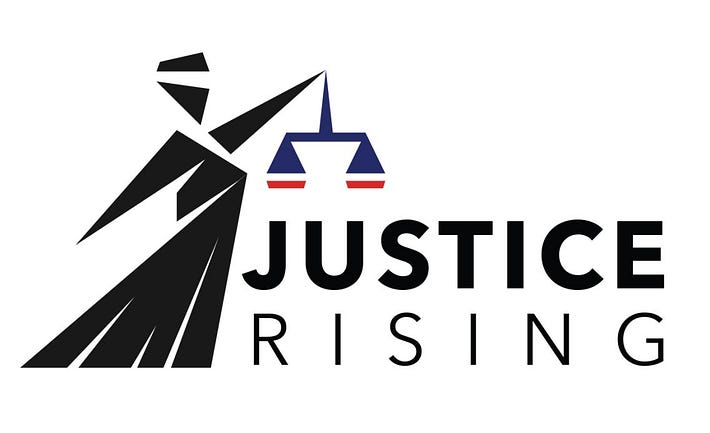This article first appeared in LSC’s Justice Rising on December 18, 2024
By Amy Chapple
We all went to law school to help people. And at our core, I’m sure we all consider ourselves “good” people. But, as legal professionals, do we actually end up helping people in the way we intended with the degree that we worked so hard to obtain? Do we serve the communities in which we live to help bridge the gap between those who can and cannot seek civil legal services in our country? Indeed, community engagement has been linked to increased social cohesion, connectedness and equity.[i]
The Katten de Diego Legal Clinic (“Legal Clinic”) in the Humboldt Park neighborhood of Chicago surely does. Humboldt Park is a neighborhood on Chicago’s West Side and is known for its social and ethnic diversity. In fact, 2020 census data shows that Humboldt Park’s population is comprised of a large Hispanic population (55.4%), some of whom are native Spanish speakers.
The Legal Clinic is one of Legal Aid Chicago’s many innovative ways it seeks to directly serve the Chicago community: it’s a neighborhood legal clinic that takes place at a local school, the Jose de Diego Community Academy, where parents, staff, family and friends of the neighborhood can walk in to obtain free civil legal services. The clinic partners with the Chicago office of the Katten Muchin Rosenman law firm, to staff the clinic. Volunteer law firm attorneys help conduct intake, triage, provide advice and offer brief services with the help of Legal Aid Chicago attorneys who have expertise in a wide range of issues including housing, family law, consumer issues, public benefits and estate planning. The Legal Clinic also refers clients to other social service agencies that may be able to provide civil services when legal issues are not involved.
When clients enter the Legal Clinic, which is held in the basement of the school, they are greeted by paralegals who help direct, answer questions and coordinate the Legal Clinic. The waiting area is equipped with toys that were donated by the law firm for the children that attend with their parents. Clients are asked to complete some paperwork to give a brief overview of their legal issue and demographic information. Once the intake form is completed, the client is assigned to a volunteer attorney, who meets with the client in a private room under attorney-client privilege so information can flow freely.
I worked this Legal Clinic when I was in law school and as an associate attorney at a partnering law firm. When I was a law student, I petitioned the Illinois Supreme Court for my license under Ill. Sup. Ct. R. 711, which allowed me to work under the supervision of a licensed attorney. As a “711-attorney,” I conducted intake for many clients, some of which resulted in legal advice to the client on-site and some of which resulted in follow up work. For example, I drafted a last will and testament and represented a client seeking unemployment benefits before an administrative law judge on a telephonic hearing. Katten Partner, Legal Aid Chicago Board Member and Legal Clinic volunteer Jared Heck says, “The de Diego Clinic is an inspiration. I’ve never left the clinic without feeling like I’ve made a tangible impact on someone’s life, yet I always wish I could do more. I would attend every monthly clinic if I could.”
Other volunteer attorneys say that working in the legal clinic is a fulfilling way to provide direct-to-client services by using basic legal skills. For example, interviewing clients during intake to ask specific questions about facts and reviewing documentation in support of a claim, like a lease or utility bill. Fact gathering is indeed the largest part of the intake process, so active listening skills are also required. Sometimes translation is required. But most importantly, counseling is key. Key to advising clients whether or not they may have a case based on the facts presented, and whether Legal Aid Chicago or the volunteer attorney can continue representing them in that matter.
The Legal Clinic operates “after business hours,” so those who work 9-to-5 jobs don’t need to take time off work to make an appointment with a lawyer. The clinic is open from 4:30–6:30 pm on the third Wednesday of the month. More information can be found at https://legalaidchicago.org/get-help/legal-aid-chicago-clinics/

